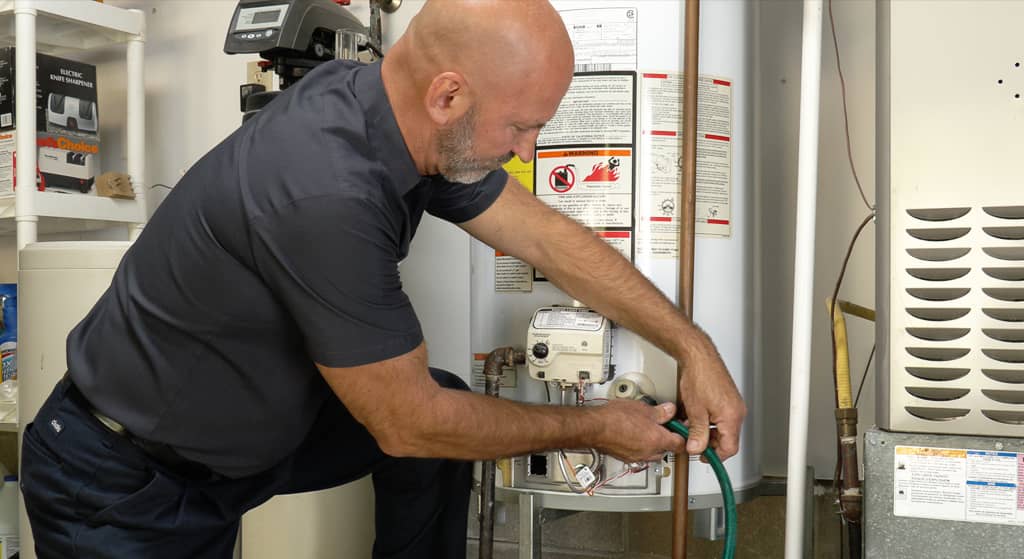MAKING YOUR HOME’S WATER EVEN BETTER
Paul Bunyan Plumbing & Drains has been the trusted name for plumbing and drain repairs, replacement, and maintenance for the Twin Cities and surrounding area since 2013.
Get Started Now
Schedule Your Appointment Online Today!
Paul Bunyan Plumbing & Drains has always been focused on ensuring your family is comfortable and safe by keeping your plumbing and drains in good working order.
- Licensed, experienced professional plumbers to serve all your home plumbing needs
- 24/7 emergency repair service to prevent damage to your home
- Fully stocked plumbing service and maintenance vehicles so we have what we need
- Prompt, friendly service throughout the Twin Cities and beyond
- Backing what we sell with warranties and fast responses
- Money-saving Legendary Care Club preventive maintenance programs
- Your satisfaction is 100% guaranteed
WATER SOFTENER SOLUTIONS FROM PAUL BUNYAN PLUMBING & DRAINS
Does your home’s water leave chalky residues behind? Is your skin dry and itchy after showering? Do your clothes never quite come clean? Water in many Minnesota communities is considered to be hard, meaning it has higher-than-normal levels of naturally occurring minerals. The Paul Bunyan team can help by installing water softeners that pull many of the unwanted minerals out of the water. With a softener, your water can taste better, your laundry will be cleaner, and your skin and scalp won’t be as itchy.
Contact us today to schedule an opportunity for our team to evaluate your water and recommend the right solution for your home and family!
PAUL BUNYAN PRODUCTS & SERVICES
STANDARD WATER HEATERS
Traditional storage-tank water heaters continue to be the most common choice for Minnesota homeowners. They’re usually more affordable, typically offer a decade of reliable performance, and insulation and technology improvements are making them more energy efficient.
Learn more
Legendary Care Club Maintenance Program
Properly maintaining your home’s heating, cooling, plumbing, and electrical systems keeps them operating efficiently and safely, reducing the potential for breakdowns and repairs. We offer a variety of maintenance options that also include priority service and discounts.lor.
Learn more



